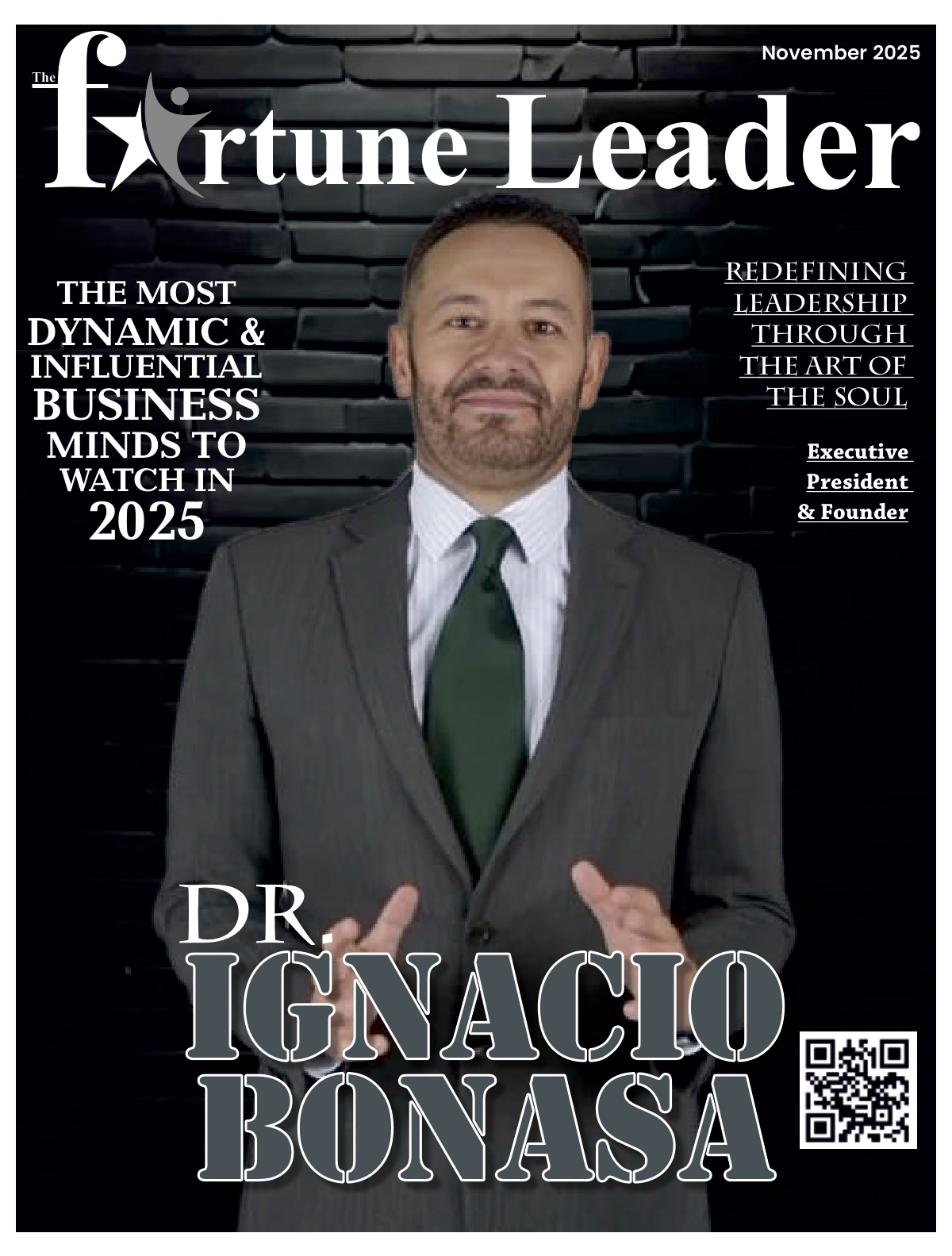Renowned hotels and resorts, for example, are iconic hospitality establishments that need to employ complex financial techniques to be profitable and uphold their reputation. Due to the particular difficulties these institutions face such as high running expenses, erratic demand, and intense competition carefully considered financial planning is necessary.
The diversification of revenue streams is one important tactic. Iconic establishments frequently branch out into new markets like gourmet dining, event hosting, and spa services, even though their traditional source of income is hotel reservations. Providing unique experiences, like famous chef collaborations or opulent spa treatments, draws in a larger audience and brings in more money.
Using brand strength to justify higher prices is another crucial tactic. These establishments establish a reputation for elegance, which enables them to charge more for services and accommodations. Furthermore, VIP memberships and loyalty programs may establish enduring connections with customers, guaranteeing consistent income even during off-peak times.
Cost control is also essential. Renowned hospitality companies make significant investments in state-of-the-art facilities, technology, and employee development, but they also have to control operating expenses. One way to cut costs without compromising quality is to use technology for staffing and inventory management, as well as energy-efficient system implementation.
Finally, strategic alliances and cooperative efforts are essential. Profitability can be increased by coordinating with well-known companies, travel agencies, or cultural events to increase awareness and offer marketing opportunities.
Iconic hospitality establishments maintain their illustrious reputation while simultaneously adjusting to market shifts and assuring long-term financial viability by implementing these varied financial strategies.












